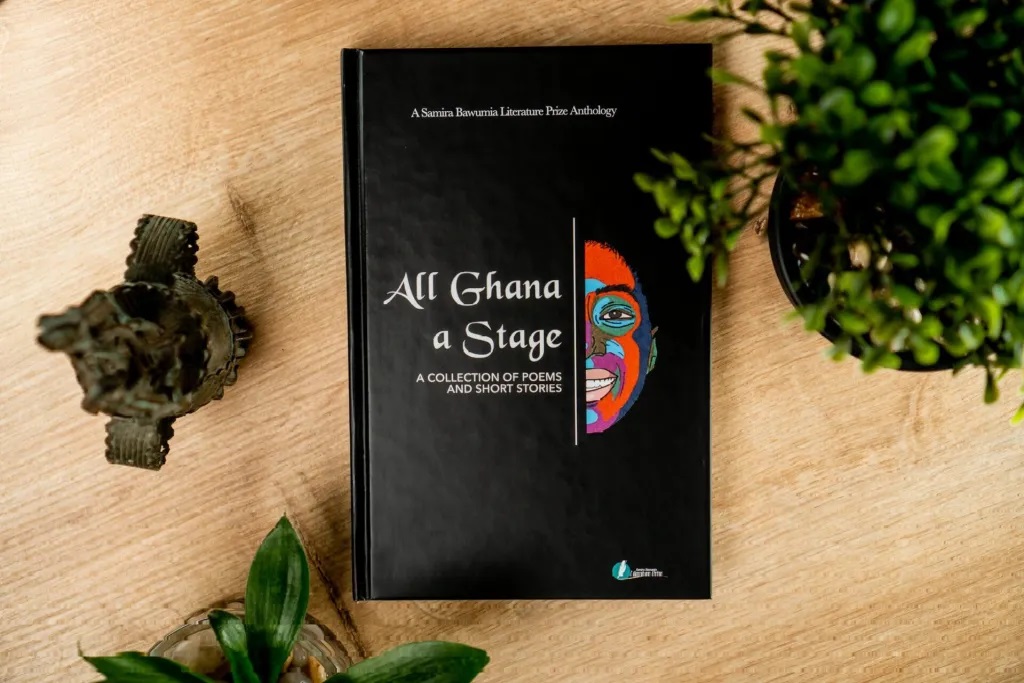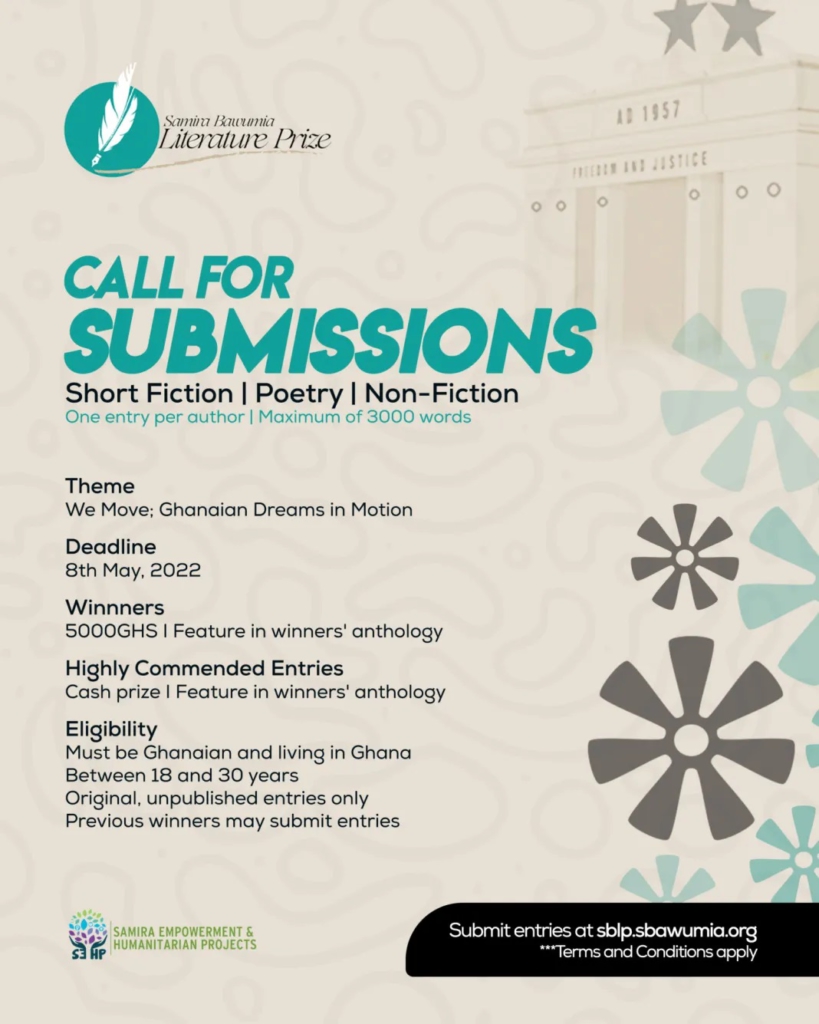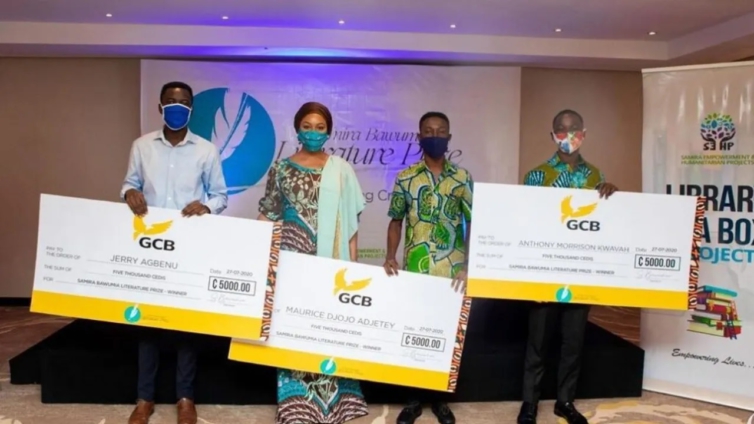When Abass Ibrahim stepped forward the third time for his letter, a wave of murmur erupted in one part of the afternoon assembly. That was where the final year students, Abass’ year group, stood.
It was unusual for one student to get three letters from the post boy the same day, but that was not what heightened suspicions and evoked the murmur. From each of the three envelopes containing the letters, the post boy read, “Abass Ibrahim. Sports Prefect.”
To the final year students who knew their colleague like the contents of their “chop boxes”, Abass was capable of addressing each of those letters to himself.
The intention?
To steal the show at the most important gathering of the week.
The motivation?
The form one girls had just arrived, and the boys in the senior classes had to showcase their worth to be able to “catch them young”. And being called in front of the afternoon assembly for any reason other than a punishable offence was a big deal.
Unlike Abass, however, I did not have to resort to such antics to be in front of the school if I needed attention.
I was the senior school prefect. I often addressed the students after the headmaster or teachers had spoken. So, being in front of the entire school at an afternoon assembly wasn’t a big deal to me.
One afternoon, however, it was.
When my name was mentioned, I strode forward with the gait of a man who had hit a jackpot. You may liken it to the triumphant strides playwright James Ebo Whyte makes onto the stage when the curtains fall on yet another a spell-binding Roverman Production’s play at the National Theatre.
“Our senior prefect,” the headmaster of Krachi Secondary School, Thomas Fordjour Ababio, told the students, “has won a prize in a regional essay competition. He has been invited to Ho for the awards ceremony.”
The essay competition was organized by the KNUST chapter of the Volta Regional Students Association of Ghana (VORSAG) for all secondary school students in the Volta Region.
I was a runner-up, but that was inconsequential. The fact that someone outside of my school or Kete-Krachi had read my writing and liked it meant a lot to me. And that helped changed the course of my life, my career.
Close to two decades later, I recalled this career-transforming and life-defining recognition as I sat in Cantonments in Accra and watched the proud winners of the Samira Bawumia Literature Prize step forward to take their prizes. Their emotions, which were heard louder than their words, were justifiable. Anyone who knows what such recognition means for young writers could relate.
The Samira Bawumia Literature Prize is an annual literary prize for the best short fiction, poetry and non-fiction prose by young Ghanaians living in Ghana. It is an initiative of Mrs. Samira Bawumia, wife of the Vice-President of Ghana.
According to the organisers, the prize is aimed to serve as “a launchpad for aspiring Ghanaian writers to share their art with the world.”
Sitting through the ceremony and interacting with the winners afterward, I was convinced the prize was living up to its high bidding. My own experience in the past erased any doubt to the contrary.
I couldn’t travel to Ho for the awards ceremony because I was writing my WASSCE. I elected my younger brother Cletus, who was also a student of the school to represent me. He returned from Ho with a certificate of recognition, which was nearly destroyed by the rain that drenched them on their way back to Kete-Krachi. But the award was worth more than the certificate, and I could imagine what it meant for the young writers who got far more than I got in 2004.
The winners of the first Samira Bawumia Literature Prize got more than certificates of recognition. The first prize winners of each category received a laptop and a cash prize of GHC5,000 each. Those who placed second received cash prizes of GHc3,000, while the third prize winners took home GHc2,000. Those who were highly recommended got a GHc1,000.
All the winners also went home with sets of books and other souvenirs.
I thought I had seen enough to justify my envy of the young writers until I held a copy of the beautifully published book of their award-winning works titled All Ghana A Stage: A Collection of Poems and Short Stories.

The quality of the writing in the collection gives hope to those who wonder what becomes of Ghanaian literature as the renowned writers we grew up reading, leave life’s stage, one after the other.
Literary awards of this nature help to bring more out of budding writers than just the talent and motivation to write. Recognitions are confidence boosters and nobody needs it more than writers at the dawn of their craft.
Writing is one of the human endeavours that can be killed by self-doubt. No matter one’s level of self-confidence, it often takes readers to make a writer. And if you’re someone who reads widely—and all serious writers read widely—you are likely to compare your works with others and feel inadequate. You may begin to question your sanity when you think of writing to compete with the same audience as your idols.
This is where encouragement in the form of literary awards sets in.
My prize in 2004 encouraged me to write more. When I completed secondary school and got a job as the caretaker of the Ghana Education Service Guest House in Kete Krachi I used my spare time to write short stories and articles and published them on the notice board of the guest house.
Those were among the works that convinced the district public relations officer of the Ghana Education Service, Fredoline Empeh, that I could become a good journalist instead of the bank manager I desperately wanted to become. (Becoming a bank manager was the highest feat to which I had been inspired to aspire by the Ghana Commercial Bank branch manager in Kete Krachi.) And writing, indeed, gave me a comparative advantage in the field of journalism when I heeded that advice.
Holding a first book that contains your work is as priceless as a mother holding her newly-born baby. The young writers whose works have been published through the Samira Bawumia initiative would definitely not want that book to be their last. They will definitely want books in which they do not have to share the authorship with others.
The second edition of the competition has just been launched. More young writers are likely to be motivated to write more and win subsequent prizes. Even if they don’t win, the effort will improve their writing.

I have followed writers in Nigeria and have seen different generations produce world-class writers. I know there are a number of writing and publishing competitions and writers’ workshops in Nigeria that push talented writers to bring out their best.
The Samira Bawumia Literature Prize also holds writers’ workshops. These are commendable initiatives that ought to be given the needed support by funding agencies and the private sector.
Singing and dancing aren’t the only way of measuring talent in the young Ghanaian.
Writers do not grow in the wild. They need to be cultivated, nurtured and manured. That is the only way to get a good harvest.
And we can only hope that the seed sown by Samira Bawumia would one day produce giant trees in the global literary forest so that the story of Ghana does not die with the Ayi Kwei Armahs and the Ama Ata Aidoos.
****
The writer is the Editor-in-Chief of The Fourth Estate. He’s the author of three books; “Voice of Conscience”, “Letters to My Future Wife” and “The Fourth John: Reign, Rejection & Rebound”.
Latest Stories
-
APSU-USA urges government to restore Catholic Church’s role in school management
1 minute -
Ghana ranked 9th in Africa with highest outstanding loans to China
5 minutes -
OMCs to implement GH¢1.0 Energy Sector Levy from June 16, 2025
22 minutes -
T-bills auction: Government fails to meet target; but rejects GH¢1.095bn of bids
41 minutes -
NPP doesn’t give chance to non-performing candidates – Kennedy Agyapong
51 minutes -
Roland Garros: Alcaraz completes epic comeback against Sinner to claim title
52 minutes -
Obaasima donates over 2,000 sanitary pads to mark Menstrual Hygiene Day, empowering girls in Western Region
2 hours -
Tension in Effiduase as family rejects destoolment of chief who resisted controversial sale of COVID-19 cemetery land
2 hours -
Hamburg Sustainability Conference 2025 concludes with new global alliances and concrete commitments for a sustainable future
3 hours -
GPL 2024/25: Hearts of Oak beat Samartex to finish fourth
3 hours -
GPL 2024/2025: Bechem United clinch win in final home match against Young Apostles
3 hours -
GPL 2024/25: Asante Kotoko end season in fifth after Vision FC defeat
3 hours -
Economic Fighters League condemns ‘D-Levy’ as symbol of deepening inequality
3 hours -
2024/25 GPL: Dreams FC thrash Legon Cities 4-1 to end season on a high
3 hours -
Vision FC stun Asante Kotoko with 3-1 victory in Tema
3 hours

